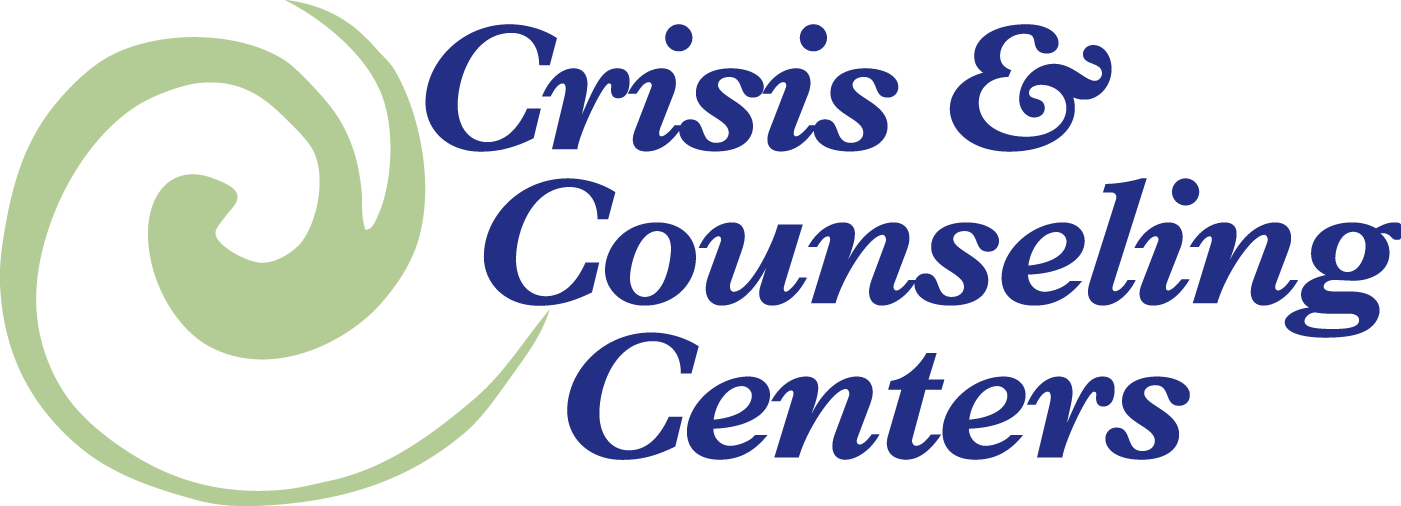America’s baby boomer generation is entering or already enjoying their golden years, but many show no signs of slowing down as they face the unexpected responsibility of caring for their loved ones.
Baby boomers are people who were born between 1946 and 1964, with 78 million Americans comprising the boomer population in 2013. Maine has 18 percent more baby boomers per capita than the nation, according to an Economics Modeling Specialists International report.
A 2010 MetLife study revealed that about 10 million adults over the age of 50 care for their parents, while 2.4 million grandparents are primary caregivers for their grandchildren, the U.S. Census Bureau estimates.
Assuming the unanticipated caretaker role can be emotionally and financially challenging for boomers, particularly if their family members struggle with substance abuse, mental health or co-occurring disorders.
Substance abuse among the elderly is on the rise, affecting nearly 17 percent of people 60 years and older. Crisis & Counseling Centers’ (C&C’s) Substance Abuse Program Manager Dan Pease says seniors most commonly abuse prescription medications such as opioids for pain and benzodiazepines for anxiety and insomnia. Crisis & Counseling Centers is an Augusta-based nonprofit serving individuals with behavioral health needs, including substance abuse, mental health and co-occurring disorders.
The challenge of diagnosing substance abuse within the aging population is twofold, Pease said. “The elderly experience a stigma that comes with drug and alcohol abuse, which leads to shame and a reluctance to seek professional help. But society also isn’t aware of the problem because the effects are disguised by the factors of aging.”
Symptoms of substance abuse – depression, trouble with motor skills, memory issues and physical effects – can be mistaken for signs of aging associated with illnesses such as dementia and diabetes. The increasing number of medications seniors take for illnesses may further mask symptoms, preventing doctors and family members from discerning whether symptoms are the side effect of the prescriptions or a sign of substance abuse.
“As people age and face increasing physical limitations and the deaths of loved ones, their chances of becoming reliant on prescription drugs or alcohol increase,” Pease said.
Melissa True, manager of aging and disability services at Spectrum Generations, which promotes the well-being of older and disabled adults, encourages adult children to contact their aging parent’s physician. “See if they have noticed any changes…especially for those who weren’t substance abusers in the past,” she said. “But also reach out to your local agencies on aging to find support.”
Adult children can help their parents by encouraging substance abuse treatment in the form of behavioral therapy, medication or both. Throughout the recovery process, it is vital to remember that addiction is a chronic illness and understand that finding an effective treatment takes time, Pease said.
Many baby boomers also care for their grandchildren, with 4 percent of all children being raised by at least one grandparent, a Pew Research Center study reports.
Raising today’s youths comes with a different set of behavioral health challenges. Over 20 percent of children have experienced a seriously debilitating mental disorder, according to the National Institutes of Health.
Dr. Karen Mosher, clinical director at Kennebec Behavioral Health (KBH), an agency that supports people with mental illness, emotional difficulties or behavioral challenges, says prenatal exposure to drugs has contributed to the high percentage of youths with mental health concerns. “The situation in Maine, where so many children are born drug affected, is setting off a whole wave of kids and families with special needs,” Mosher said. “Some children show little effect, while others show very significant effects in terms of irritability and impulsivity.”
Sharon Sagat-Stover, C&C’s women’s substance abuse case manager, works to help pregnant or parenting women who are using drugs or alcohol build a substance-free future through the Maine Mothers Network. “My program targets moms who are in the early process of recovery and have a child age five and under. But in my work I notice that these mothers’ older kids have a lot of behavioral struggles, and that may be a result of those children being born before the mother got into recovery at all,” Sagat-Stover said. “When mothers are in the throes of addiction, their own health care and their children’s health care may fall by the wayside.”
Caregivers can help any child by recognizing concerning behavior such as social withdrawal, changes in eating habits, emotional outbursts, risky behavior and suicidal thoughts, according to the National Institute of Mental Health.
Alyssa Audie, a mental health and substance abuse clinician at C&C, advises grandparents to trust their instincts but turn to specialists if necessary. “Grandparents have raised children before and have valuable skills to pass along. But when they have exhausted what they have to offer and there’s still an issue, it’s time to ask for help.”
Crisis & Counseling Centers’ Generations program provides emotional and behavioral support to adolescents and children as young as age 3. During sessions, clinicians employ child-focused counseling techniques and evidence-based practices designed to help children develop.
Through Generations, Audie has successfully counseled youths whose grandparents are their primary caregiver. “They open up to me in session, and once they realize how satisfying it is to verbalize how they feel rather than act out, they want to open up to their grandparents. It’s hard, but grandparents may have to adapt their original parenting styles to meet the needs of this generation.”
As baby boomers strive to help the people they love, they are themselves aging and must prepare for their own retirement, according to Pease. “While easier said than done, adults need to find a healthy balance between the increased responsibility of caring for their extended family, their immediate family and themselves,” he said. “The key is knowing when to seek community or professional support.”
This article originally appeared in the Kennebec Journal
Special Supplement: Prime Times on Aug. 13, 2014.
